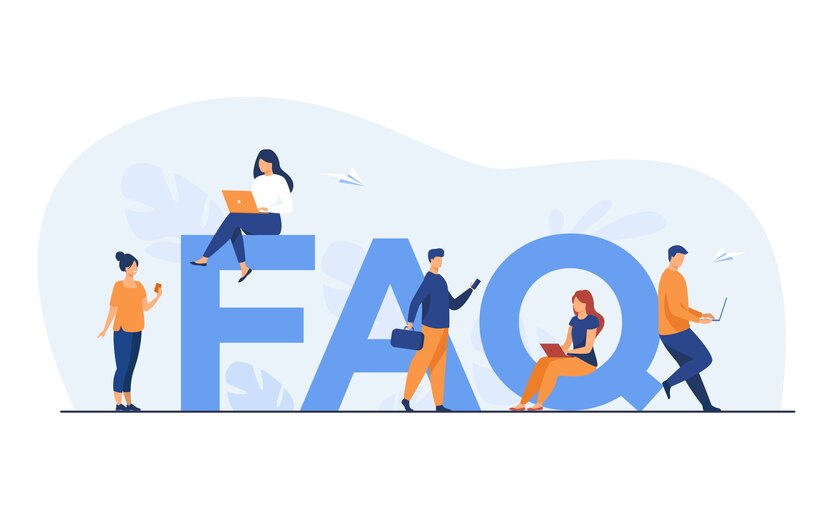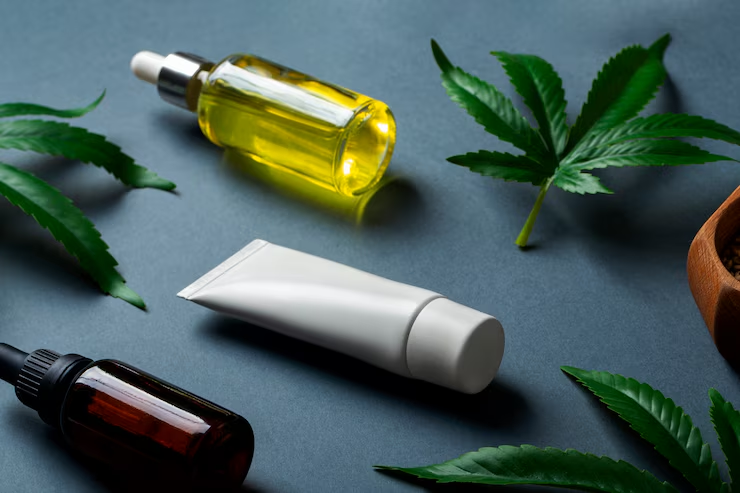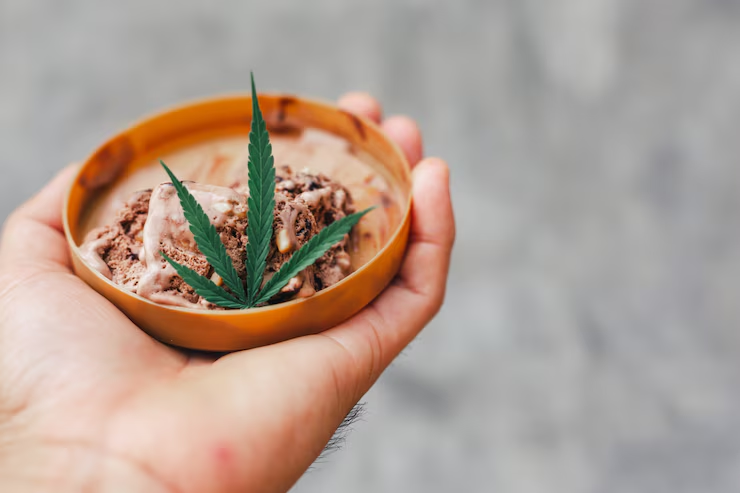The Difference Between Hemp and Marijuana Laws
Table of Contents
In recent years, the conversation around cbd roll on for pain has shifted dramatically, especially as legalization efforts have grown across the globe. But when discussing cannabis-related laws, many people still confuse hemp with marijuana. While both plants come from the Cannabis sativa family, they are treated very differently under the law. Understanding the Hemp and Marijuana Laws that govern their use, production, and sale is essential—whether you’re a consumer, a grower, or just curious about your rights.
What is the Difference Between Hemp and Marijuana?

Scientifically, hemp and marijuana are nearly identical. They both come from the cannabis plant family, but they differ in chemical composition, primarily in THC (tetrahydrocannabinol) content—the compound responsible for psychoactive effects.
- Hemp: Contains less than 0.3% THC by dry weight.
- Marijuana: Usually contains more than 0.3% THC and is considered psychoactive.
This seemingly small difference has enormous implications when it comes to Hemp and Marijuana Laws across the United States and beyond.
Federal Laws: Where Hemp and Marijuana Part Ways

Hemp: Legal Under Federal Law
The 2018 Farm Bill was a major turning point for hemp in the U.S. It legalized hemp production and sale as long as it contains less than 0.3% THC. This allowed businesses to grow hemp for industrial use, CBD production, textiles, and more. Importantly, it removed hemp from the Controlled Substances Act.
Marijuana: Still Federally Illegal
Despite growing state-level acceptance, marijuana is still classified as a Schedule I controlled substance at the federal level, placing it in the same category as heroin and LSD. This makes marijuana illegal to transport across state lines, even between states where it’s legal.
So while hemp and marijuana may look alike, Hemp and Marijuana Laws treat them in drastically different ways—especially at the federal level.
State-Level Differences in Hemp and Marijuana Laws
Each U.S. state has the authority to develop its own laws governing cannabis. That means:
- Hemp laws are generally more lenient and uniform due to federal legalization.
- Marijuana laws vary widely from state to state—some fully legalized, some medical-only, and others still enforcing full prohibition.
For example:
- California: Legal for both recreational and medicinal use.
- Texas: CBD from hemp is legal, but marijuana remains illegal for most uses.
- Idaho: Even hemp is tightly restricted.
Because of these inconsistencies, being familiar with both Hemp and Marijuana Laws is critical before transporting or using cannabis-related products in different states.
Impacts on Business and Consumers
The legal differences between hemp and marijuana affect everything from product labeling to shipping and marketing.
- CBD Products: Must be derived from hemp and contain less than 0.3% THC to be sold legally in most states.
- Banking and Insurance: Businesses dealing in marijuana often struggle to access financial services due to federal restrictions, while hemp companies face fewer obstacles.
- Interstate Commerce: Hemp can be legally shipped across state lines; marijuana cannot.
Consumers should always check product certifications and third-party lab results to ensure legality under Hemp and Marijuana Laws.
International Laws and Considerations
Outside the U.S., hemp is widely accepted in many countries for industrial purposes. However, marijuana laws are still strict in many places.
- Canada: Legalized both hemp and marijuana nationwide.
- Europe: Generally permits hemp with up to 0.2% THC but has stricter marijuana laws.
- Asia: Mostly prohibits both, with a few exceptions like Thailand’s recent reforms.
Whether traveling or doing business internationally, understanding global Hemp and Marijuana Laws can help you stay compliant and avoid legal trouble.
FAQs About Hemp and Marijuana Laws

1. Can I legally carry hemp-derived CBD in all 50 states?
CBD products made from hemp (under 0.3% THC) are federally legal, but some states still impose restrictions. Always check local laws.
2. Why is marijuana still federally illegal?
Despite medical research and legalization in many states, marijuana remains a Schedule I drug under the DEA, citing high potential for abuse and no accepted medical use.
3. Are hemp and marijuana tested the same way by law enforcement?
No. Police use field tests and lab results to determine THC content. If THC is over 0.3%, it is legally considered marijuana—even if it’s actually hemp.
4. Can I grow hemp or marijuana at home legally?
This depends on your state. Many states allow limited marijuana cultivation for personal use, while hemp often requires registration or permits.
5. Are hemp and marijuana the same in the eyes of employers?
Not necessarily. Many employers still test for THC and may have policies against any cannabis use, regardless of whether it’s hemp-derived or marijuana.
Conclusion
Understanding the Hemp and Marijuana Laws is more important than ever as the legal landscape continues to shift. Though they come from the same plant family, the laws treat hemp and marijuana in very different ways. From federal distinctions to state-level complexities and international variations, being informed is the key to staying compliant—whether you’re a consumer, business owner, or advocate.
As policies continue to evolve, keeping up with the latest changes in Hemp and Marijuana Laws will help you navigate the growing world of cannabis safely and legally.







